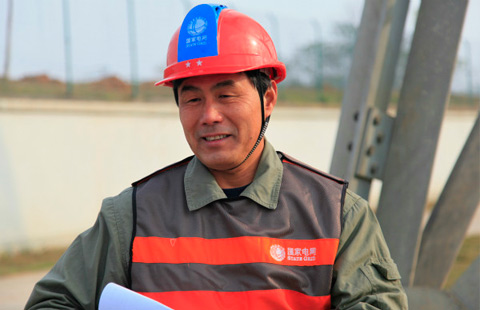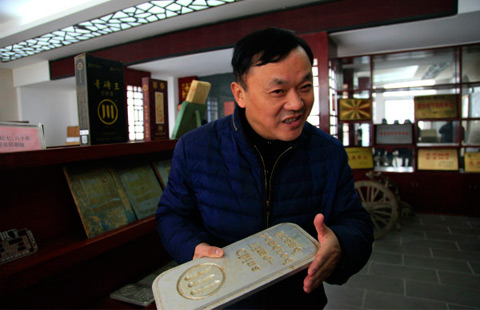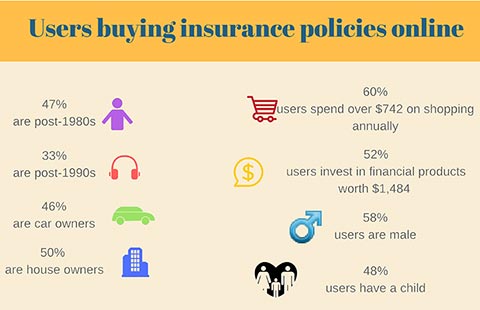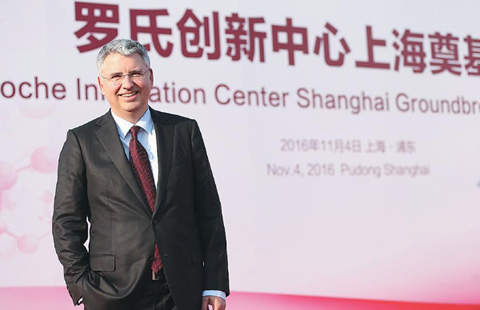Happier workforce lifts nation's prospects
China will become the global economic leader sometime in the next 10 to 25 years, according to many economists. This means China - and not the United States - will have the largest GDP in the world, which will, of course, be a global game-changer. She who has the gold makes the geopolitical rules.
But China faces some serious challenges on its road to dominance. Some obvious ones:
Enormous environmental problems that will require billions of dollars to fix.
The family planning policy, which will create a scenario of far too few workers supporting far too many retirees.
Economic uncertainty, if China's GDP - increasing at more than 8 percent - continues to grow at a decreasing rate.
Rising factory wages, which may cause China to lose its huge competitive advantage over other countries, some that may offer labor at a lower cost.
To this list of well-known woes and concerns, let me add one you probably don't know, but which is perhaps the most serious of all: low workforce engagement.
I know that sounds soft at first, but human beings spend at least one-third of their lives at work, and because of this, one could argue that a person's quality of life is driven by their life at work. And the working citizens of China are doing horribly.
Barely 6 percent of the people who work for an organization report being engaged at their jobs. In addition, about 26 percent are flat-out miserable - what Gallup researchers call actively disengaged. To put that into perspective, the US workforce is about 30 percent engaged and 20 percent actively disengaged.
If you were to ask me what the most dangerous state of mind in China is right now, I'd say it's this active disengagement in the workplace, because it is so widespread.
The cause of this disengagement is the same in China as it is in every workplace around the world: The workers despise their immediate boss. And the reason they hate their boss is because the wrong person was hired to be boss. It is really that simple.
How does this happen? Well, I know just enough about the Chinese workplace to know that control is of huge cultural importance. The type of people who are named boss in China command and control their "underlings," and those underlings do as they're told. People are not named manager for their ability to develop and engage employees.
But this command-and-control approach doesn't work in the new global workplace, where employees demand more autonomy, want more freedom of thought and action, and desire to be more empowered and engaged.

















